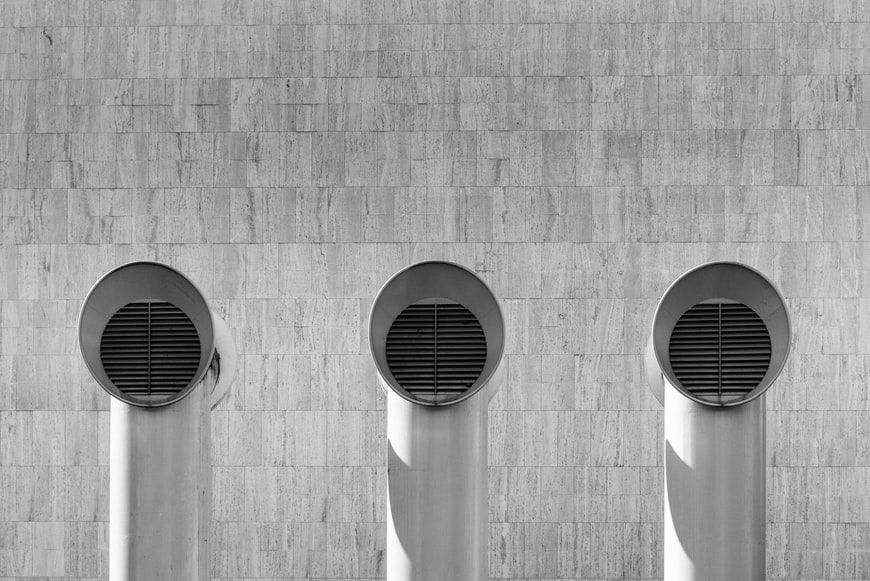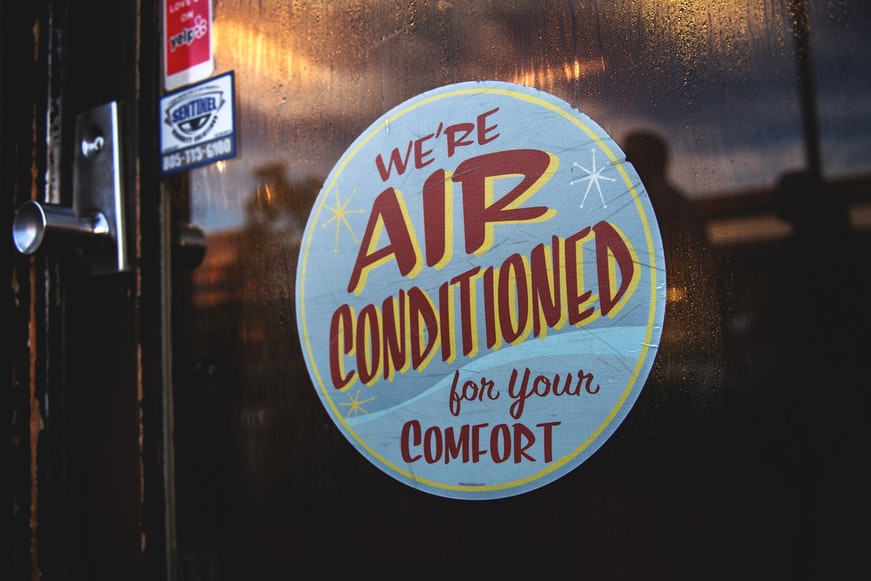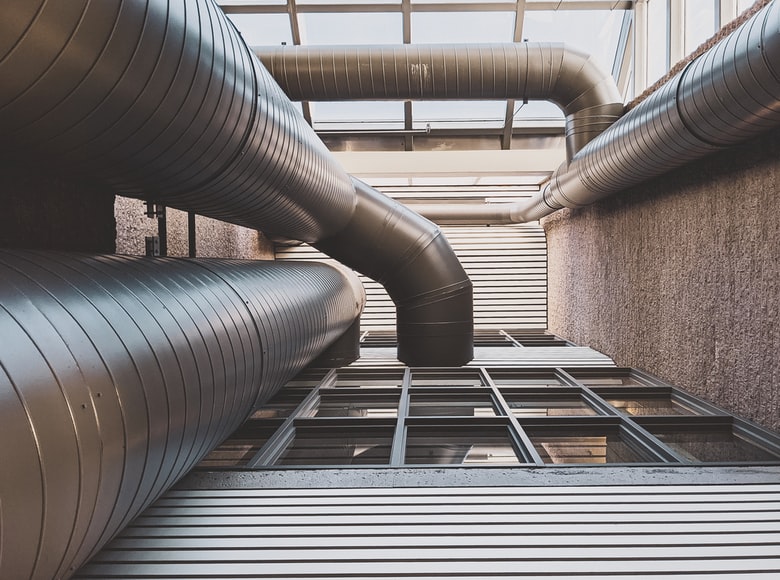6 Considerations When Choosing an HVAC System for Your Business
4 Mins Read
Published on: 24 November 2021
Last Updated on: 10 December 2024

toc impalement
Not all HVAC systems are built alike.
In reality, they can be configured with different units, ducting, and other components to perform at various levels depending on what’s required. Some are better in refrigerant services and are capable of keeping areas consistently cool whereas others are more focused on the heating aspect for chillier states.
Here are six considerations when choosing an appropriate HVAC system.
1. How Cold Does It Need to Be?

Some HVAC systems are needed to keep a business space at a certain temperature. Whilst a restaurant will have a walk-in freezer room to keep produce cold before cooking it, this isn’t practical for larger environments that require cooling down.
An HVAC system can be designed to provide effective cooling over a larger space, such as an expansive retail store, storage space, or a warehouse environment. Alternatively, in an office space, allowing for cooling in the hot summer months along with filtering to recycle stale air from the premises keeps everyone comfortable while they toil away.
McCombs Supply can deliver all the units and supplies necessary to put together an effective HVAC system or to maintain it through part replacements, as needed. Using dependable supplies is important to avoid inferior ones causing breakdowns at exactly the wrong time.
2. Is Heating of Major Importance?
HVAC systems include a heating component. This is usually a furnace that’s capable of providing sufficient warm air to move throughout the premises.
Sophisticated controls permit the adjustment to the temperature to better manage heat levels in the colder months. Therefore, when the outside temperature continues to decline as the end of the year draws in, the HVAC system can ensure it doesn’t affect how warm it feels indoors.
3. Air Quality a Priority?
HVAC systems include air filters designed to improve the air quality for the occupants.
An emphasis on air quality would indicate looking at HVAC systems that make it a priority. Additional air filters and/or the use of higher-quality filters that are changed regularly can ensure cleaner air inside.
HEPA filters and similar types can improve air quality beyond what’s expected. Therefore, systems that support the use of these filters to screen out more bacteria are ideal.
The HVAC system may also include more powerful fans, extra apparatus placed strategically inside the building, and other measures to ensure the air quality remains good.
4. HVAC System Size Considerations

HVAC systems are made up of units, ducting, and other equipment comprising the system as a whole.
It’s important to consider the size of the office, warehouse, or other location when designing an HVAC system (or having one designed on your behalf). The system must be powerful enough to handle the space it is intended for. This includes the capacity of the HVAC units to be installed and how many there are.
Also, the average number of occupants is a consideration. More people occupying a smaller space requires better air management, otherwise, the system won’t keep up with the needs of the business. The air will become stuffy because the HVAC system is underpowered vs what’s required.
These types of thoughts go into designing an effective HVAC system. As such, no one size fits all in this scenario – or, at least, it shouldn’t.
5. Energy Efficiency
The energy efficiency of an HVAC system is an important consideration too.
Some will come with seasonal energy efficiency ratings (SEER) to indicate their relative efficiency compared to other systems. Energy Star is a rating that comes from the EPA and is also one to look out for on equipment orders.
Generally, HVAC is not an overly costly system to operate. Relative to the size of the space that’s been cooled or heated at different times of the year, along with ongoing air filtration, the energy usage is lower either on square footage or per person basis.
Nonetheless, it is worth running the numbers for the cost to run the system compared to what’s already installed. Likely, a new install will be far more energy-efficient because systems aren’t replaced in buildings very frequently. Older ones didn’t benefit from the push for energy efficiency in the last decade or so, usually meaning cost savings on the utility bill.
6. Use Respectable Brands
The equipment, components, and everything else that’s needed to install an HVAC system should be best-in-class.
When you think about it, a system that breaks down in the middle of winter or suffers a failure to its cooling function in the peak of summer isn’t going to be a happy event. Choosing higher quality brands makes it less likely you’ll experience equipment failure between maintenance cycles, all other things being equal.
When considering these factors to a well-designed HVAC system, companies are less likely to suffer from decision-related mistakes coming back to haunt them later.
Read Also:


















Comments Are Closed For This Article